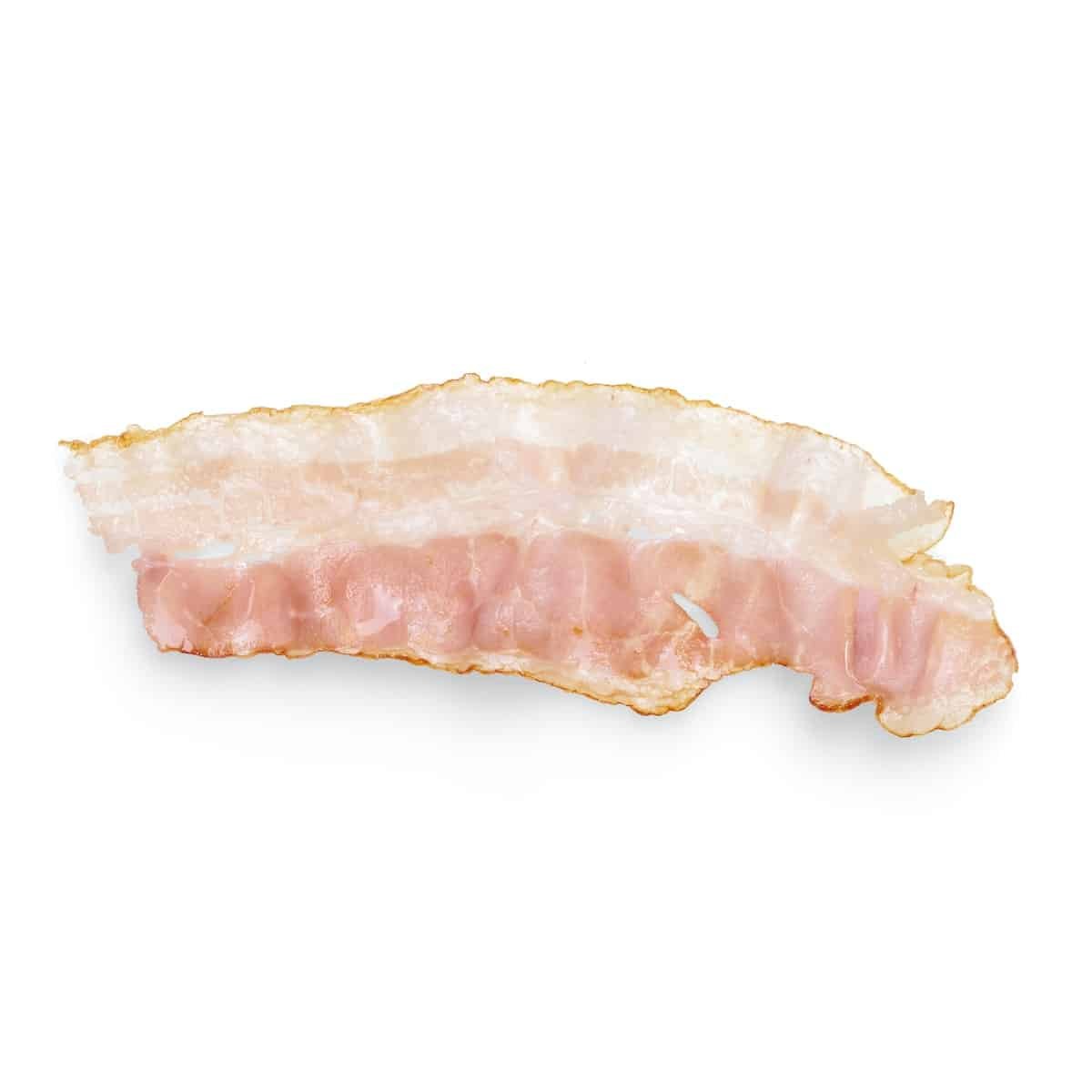Let’s get one thing straight – bacon is one of those magical ingredients that can make almost any dish better. But no matter how much we love it, sometimes we just can’t finish all the bacon we have on hand before it goes bad. Fear not! Freezing is a fantastic way to extend the life of your bacon and ensure that you’ve got a stash of this savory treat ready whenever the craving strikes.
When it comes to freezing bacon, there are a few key points to keep in mind to make sure your bacon stays as delicious as the day you bought it. First, let’s talk about packaging. Bacon comes in a variety of packaging, but not all of them are ideal for freezing. T
he original plastic wrap and foam tray combo isn’t the best for preventing freezer burn. Instead, consider repackaging your bacon in freezer-safe bags or wrap it tightly in aluminum foil or plastic wrap, then place it in a freezer bag. Squeeze out as much air as possible before sealing to reduce the risk of freezer burn.
Now, you may be wondering about the shelf life of frozen bacon. According to the USDA, bacon can be kept frozen indefinitely, but for the sake of quality, it’s best to use it within six months. Freezer burn won’t make bacon unsafe to eat, but it can certainly impact the texture and flavor.
Defrosting bacon is just as important as freezing it properly. The best way to defrost bacon is to plan ahead. Transfer the bacon from the freezer to the refrigerator and let it thaw slowly, usually overnight. If you’re in a bit of a hurry, you can use the microwave on its defrost setting, but be careful not to cook the bacon in the process. And if you need it thawed pronto, submerge the sealed bag in cold water, changing the water every 30 minutes until the bacon is thawed.
Once thawed, bacon should be cooked within a week if kept in the fridge. You might notice a slight difference in texture compared to fresh bacon, but it will still have that irresistible bacon flavor when cooked. Just cook it as you normally would – in a skillet, in the oven, or even in the microwave.
Remember, food safety is paramount when handling any kind of meat product. The Centers for Disease Control and Prevention (CDC) and Food and Drug Administration (FDA) provide guidelines for safe meat handling to prevent foodborne illness. This includes washing your hands thoroughly before and after handling raw bacon, cooking bacon to the proper temperature, and avoiding cross-contamination by using different cutting boards for meat and other foods.
Now, for those who want to save even more time, you can pre-cook your bacon and then freeze it. This way, you can have ready-to-eat bacon that just needs to be warmed up. Just cook the bacon to one level below how you like it, let it cool, then follow the same packing steps for freezing. When you’re ready to eat, just reheat the bacon in the microwave, in a pan, or in the oven until it’s crispy again.
Let’s face it, bacon is a staple in many of our diets, and knowing how to properly freeze, thaw, and cook bacon can make our culinary lives a lot easier. Plus, it’s always reassuring to know you have bacon at the ready for a quick breakfast or to add a punch of flavor to your meals.


